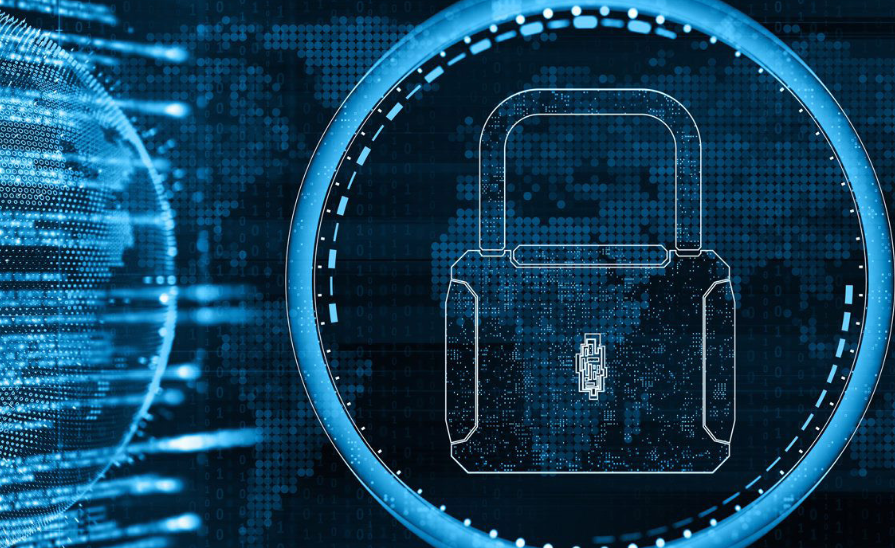
Outbound payments and cybercrime
Digital technology is transforming and disrupting economies worldwide, exposing organizations to both opportunities and threats. It comes as no surprise then that economic crime is going digital.
Over the past five years, security breaches have increased by 67%, according to Accenture’s global survey.1 A significant problem is that companies are not handling fraud and economic crime with the priority it deserves. This is shown by the fact that 22% of companies surveyed have never carried out a fraud risk assessment, and further only 31% carry out such an evaluation annually. These are the findings of the 19th Annual CEO Survey by PricewaterhouseCoopers (PwC).2 It appears, when it comes to fraud, too much is being left to chance.
As the legislative landscape continues to change, businesses also face additional regulatory challenges related to protecting themselves and their business relations from the dangers of economic crime.
It is hardly surprising that an organization’s payment processes are attractive targets. It is here, after all, where cash actually flows out of the company. Outbound payment processes, therefore, are prone to several internal and external threats.
Internal and external risk examples
The following three examples pose internal and external risks:
False supplier data: Intentionally manipulated supplier master data, such as registration of a non-existent vendor or changing the account number of an existing supplier, can enable fraudsters to diverge payments to another transaction account. Security breaches have increased by 67% over the past five years.
Data privacy compliance: Personally Identifiable Information (PII) compliance has become one of the single most significant business challenges. This requires a massive enterprise change to how PII systems are managed to reduce risk and minimize the financial and business impacts of data privacy laws and policies.
Payment anomalies: In addition to fraud and theft, mistakes and anomalies can lead to leaks in cash outflows. The biggest increase in financial crimes the last two years was from business email compromise, specifically where hackers change bank details from legitimate invoices and requests to update the beneficiary bank account to their own.
Reduce fraud and compliance risks
Cloud-based payment solutions can help you reduce fraud and compliance risk.
When looking at technology platforms or software solutions, you need to be able to fulfill the companies’ business needs, requiring finance and treasury and IT to come together to find a secure process and system solution. It is essential to ensure that the selected systems and technologies used are certified, and in-line with industry and compliance standards.
Increasingly, companies that want to take advantage of digital payments and reduce risks are searching for a payment solution that can manage outbound payments from a central processing hub. However, this goal is challenging for many to achieve because payments are frequently managed using multiple legacy technology solutions, or are fragmented between divisions. This is where cloud payment solutions can help.
Exactuals PaymentHub
Cloud payment solutions, such as Exactuals PaymentHub, provide companies with a centralized, modern payment solution that enables companies to bring together payment information across disparate enterprise systems and business units. Cloud payment solutions also offer advantages that simply digitizing the existing payment processes cannot. Payees can input and update their payment preferences themselves, which reduces home office resources and puts Payees in charge of their preferred payment method while Payers decide when payments are executed. Secure Payee Registration means that all PII data is protected by Exactuals and never made available to your company, which alleviates your business’s compliance requirements. Cloud-based solutions enable companies to support new payment formats and connect to new banks, which are difficult for internal IT teams to set up and maintain. They can also ensure that payments are validated against the latest fraud and compliance checks. Cloud solutions also use a modern user interface, which enables Payees to access payment information anytime and anywhere. Cloud solutions also provide companies with an additional level of flexibility, control, and efficiency.
Exactuals is SOC 2 Type II and HIPPA compliant and is a wholly owned subsidiary of RBC/ City National Bank.
For more information, contact Sandy.Dougherty@Exactuals.com
Footnotes
1 Thompson, Chris, Abend, Valerie, and Agnosti, Andrea. “Cyber resilience: Can insurers outpace risk?” 10 July, 2020. https://www.accenture.com/us-en/insights/financial-services/ cyber-resilience-study-insurance
2 PwC Cypress. “Reported global economic crime hits record levels.” PwC Press Release, 2018. https://www.pwc.com.cy/en/press-releases/2018/reported-global-economic-crime-hits- record-levels0.html

